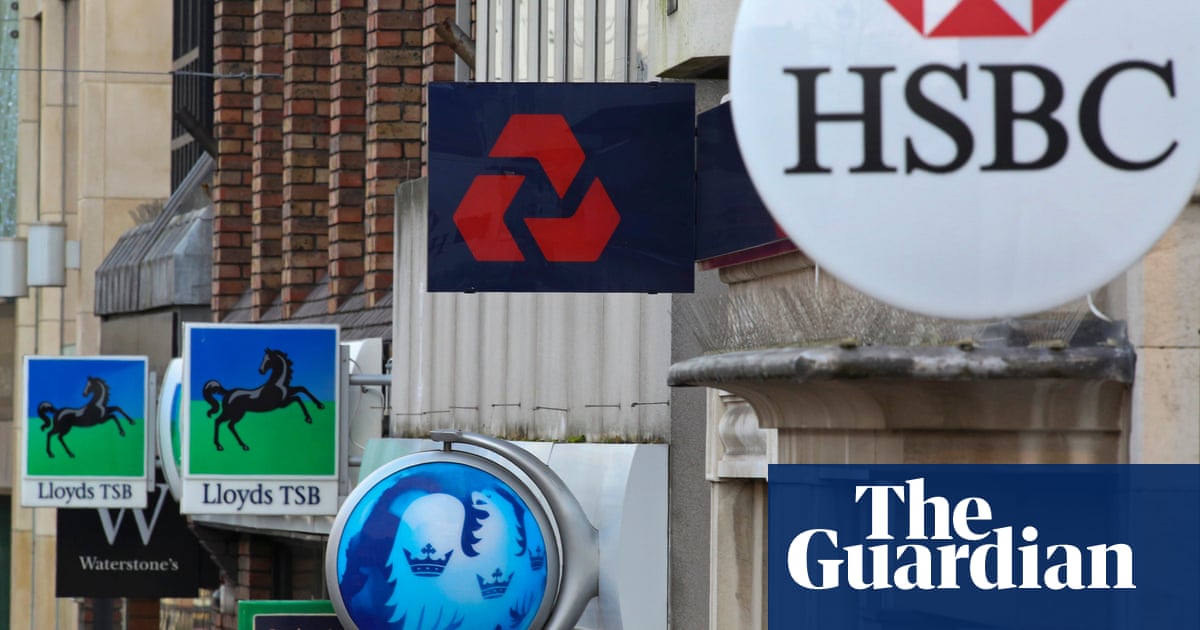
UK taxpayers have been forced to cover a larger bill for Covid support to companies than expected, after fresh government data showed the amount of pandemic business loans flagged for fraud had jumped by 43%.
Figures released by the Department for Business and Trade showed that high street banks and other private lenders – which were responsible for distributing government-backed loans during the Covid crisis – had flagged nearly £1.7bn worth of loans for potential fraud at the end of June. That marks a 43% rise from the £1.1bn flagged three months earlier.
The suspected fraud figures are also higher than the last set of government estimates, leaving the public footing a larger bill than expected for loans that have gone sour.
The vast majority of the loans flagged for fraud are from the £47bn bounce back loan scheme, which allowed small businesses to borrow up to £50,000 apiece during the Covid crisis in order to keep them afloat amid rolling lockdowns.
The loans were distributed by everyday lenders, but were 100% guaranteed by the government, meaning that losses – including any due to defaults or fraud – would be covered by the taxpayer.
The scheme allowed commercial banks to run fewer checks on small businesses in order to make sure money was distributed to businesses at speed. That left it more susceptible to scammers, who are reported to have spent tens of thousands of pounds of government-backed loans on anything from Range Rovers to pornographic websites.
In total, about £1.65bn worth of bounce back loans had been flagged for fraud at the end of June, according to the latest Covid loan figures. The government has so far paid out £1.3bn of that total to banks to cover the lenders’ losses.
The figure is already higher than the £1.1bn the business department estimated would be lost due to fraud and error through the scheme. The government originally estimated that nearly £5bn could be at risk, but had since revised down their estimates.
While the government credits the programme with having saved 500,000 businesses and 2.9m jobs through the Covid crisis, the former Cabinet Office minister Theodore Agnew resigned in protest at the handling of the scheme in January last year, citing the government’s “woeful” efforts to control potential fraud.
Banks have been able to get a better sense of real losses as loans fall due for repayment. But the business department is hoping the amount of money banks are claiming for related losses will start to decline over time.
“Since fraudulent loans are likely to be among the first to default, it is assumed that the proportion of guarantee claims linked to loans with a suspected fraud flag should decline as the scheme matures, although this will only become apparent over time,” the business department said.
The government also said lenders were continually adapting their processes for identifying and combating fraud, and that figures would “vary from quarter to quarter, both for individual lenders and the overall schemes”.












